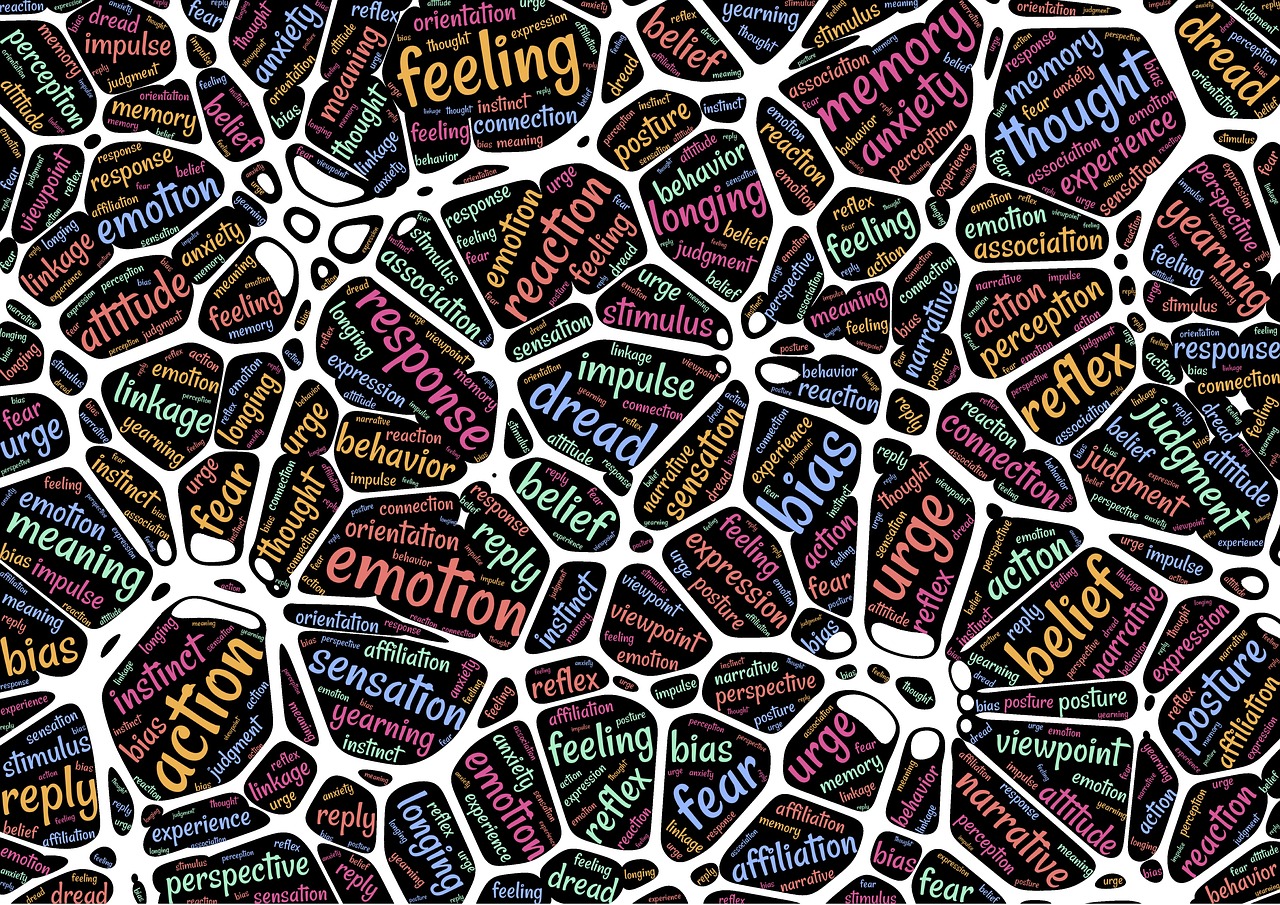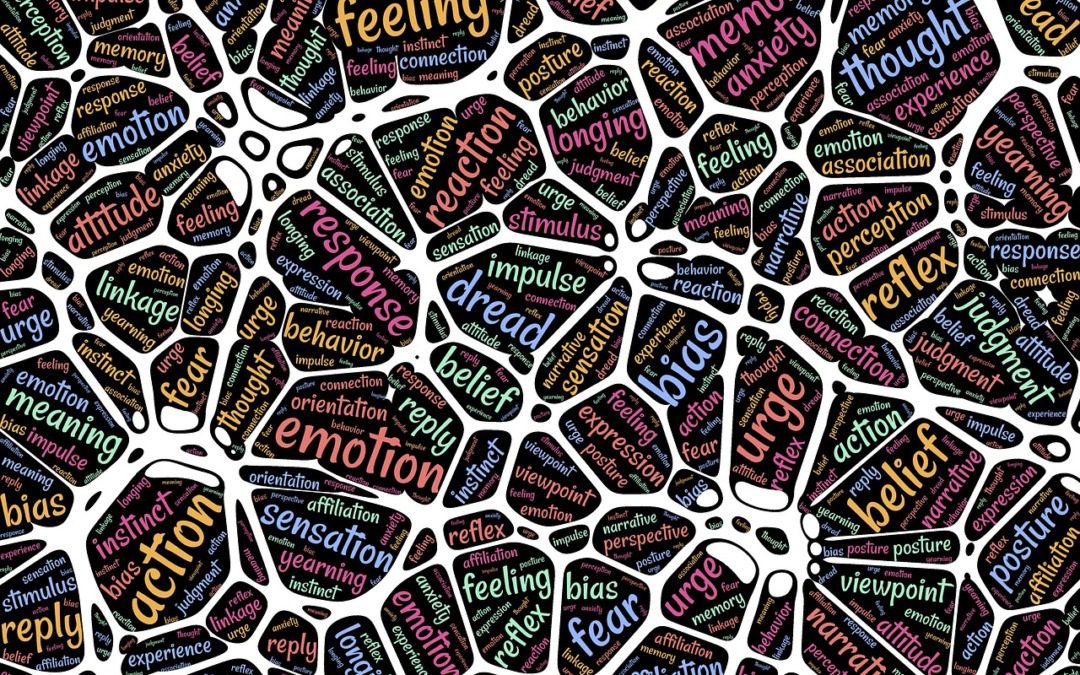The relationship between alcohol consumption and mental health is both very close and complex. But why are these two things so interconnected? We explore how alcohol can affect your mental health in both the short term and long term, and how mental health issues may lead us to alcohol too.
How can alcohol impact your mental health short term?
Alcohol can have a make a difference in our mood and attitude. After just one or two servings, when the alcohol has reached the reward centre of the brain, we can feel pleasurable and relaxed.
Drinking more, and heavily, can then begin the negative effects including:
- A severe drop in your mood
- Repressed feelings and emotions resurfacing, leading to becoming overwhelmed and emotionally distressed
- Judgement and memory interferences, leading to ‘the fear’, feeling embarrassed and anxious the next day
- Poor sleep quality, having a knock-on effect on energy levels the following days, and leading to further mood changes
How can alcohol impact your mental health long term?
When someone drinks a lot of alcohol on a regular basis, it can change the way their brain functions.
Over this extended period, the alcohol gradually depletes the brain more and more of its chemicals which control pleasure and wellbeing. On top of this, it will be promoting the release of stress chemicals such as Cortisol.
Due to this, those who consume lots of alcohol often, are more likely to struggle with anxiety and depression. Alcohol will also have an effect on their brain’s ability to send pleasure signals, so alcohol will be the only thing they can get a reward from.
How can my mental health issues influence my drinking?
Many people who struggle with mental health issues will use alcohol as a mask to cover up their condition. This is due to the stigma around mental health – they might think that being a big drinker is more socially acceptable that having mental health issues.
People may also find alcohol as a mean of self-medicating. They may use drinking in an attempt to get rid of negative thoughts or escape certain feelings. After a couple of drinks, they may feel better, but the issues will only be buried and still need to be addressed later.
Drinking as a way to deal with distress is dangerous. It can lead to addiction as both the body and mind begin to rely on alcohol to function.
At Parkland Place, we are continuously exploring the link between mental health and alcohol abuse. As part of our treatment plan for alcohol addiction, we can educate you to better understand this link and will explore how it may apply to you. Understand links such as this is important to recovery.
If you feel you have a problem with alcohol and mental health yourself or know someone close to you who does; seeking professional advice or support can be extremely helpful. For further details on how our team at Parkland Place can help you contact us via our live chat or call 01492 203421.



